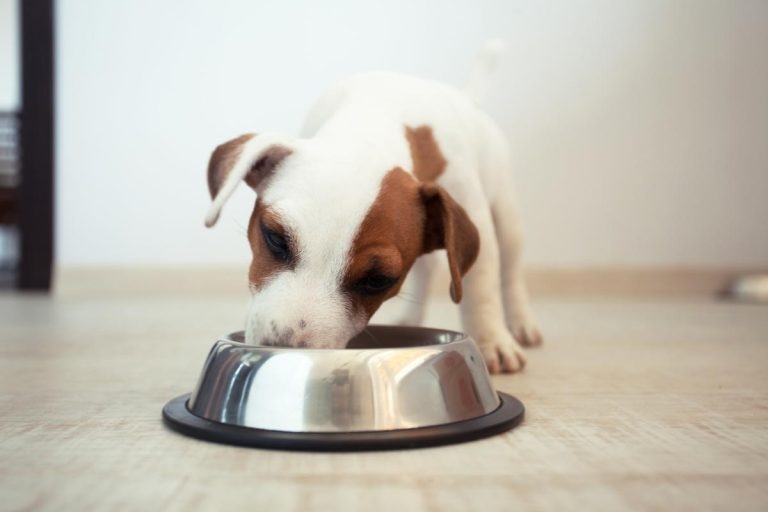28 Jun 2022
One of the authors of a study that discovered Salmonella and Escherichia coli are more commonly found in dogs fed a raw diet believes further research and investment are needed on the subject.

Image: © Fotolia/Tatyana Gladski.
Further research into the claimed benefits of raw meat diets for dogs is needed, according to one of the scientists behind a new study comparing raw and non-raw regimes.
The latest paper by academics from the University of Liverpool reopened the debate about which feeding programme is best for pets.
The study, published in the Journal of Small Animal Practice, showed high proportions of owners cited better stool consistency and oral hygiene as benefits of a raw diet.
But Vanessa Schmidt, one of the study’s authors, said more work and investment are now needed to improve understanding in the area.
Dr Schmidt said: “The benefits of raw diets are also currently unclear and more evidence-based studies are needed.
“Funding for further research to examine the benefits and risks of such diets is needed to add to the evidence, and inform both veterinarians and pet owners.”
The paper found that both Salmonella and Escherichia coli were more commonly found in faecal samples from dogs that were fed a raw-based diet than from their non-raw counterparts.
Pro-raw advocates argue the risk to the public is very low and greater dangers are present from particular forms of meat production.
But Dr Schmidt said she hopes the paper’s findings will be used by vets so they can help their clients make informed decisions about their dog’s diet.
She added: “The information from ours and future studies should be made available to veterinarians by publication, articles/press and talks, and incorporated into veterinary biosecurity protocols, if applicable.”